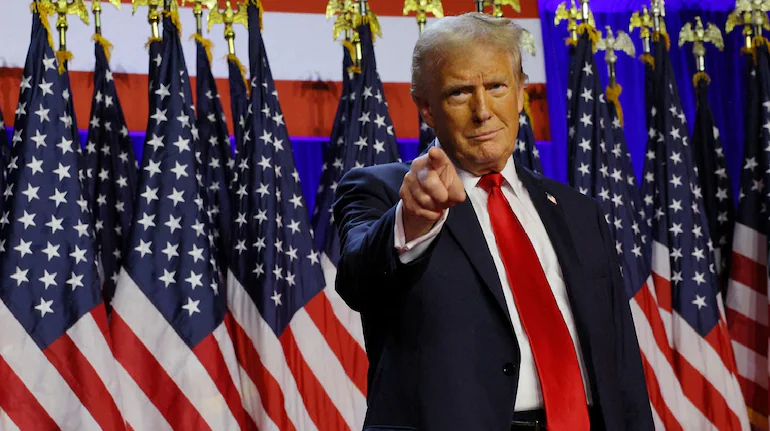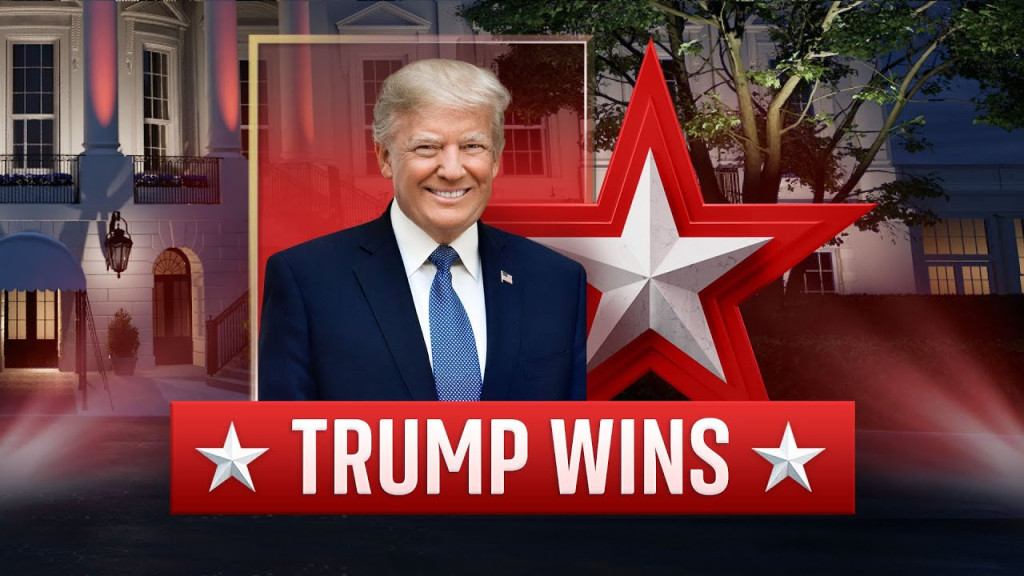The Power of His Base
One of the most striking aspects of Trump’s victory is his enduring connection with a significant portion of the electorate. His base, loyal and energized, has once again proven to be a formidable force in American politics. Despite the controversies that have followed him throughout his career, Trump has managed to galvanize millions of voters who feel left behind by traditional politicians. His message of economic populism, strong border security, and America-first policies resonates deeply with a wide swath of Americans.
Trump’s triumph highlights the deep divide within the nation. This divide is not just ideological; it's cultural, generational, and regional. His win underscores the continued alienation of rural and working-class voters, who often feel disconnected from the elites in Washington. For them, Trump's victory signals a renewed sense of power and representation.

A Shift in Political Strategy
Trump’s success also represents a fundamental shift in how political campaigns are run. Traditional strategies focused on broadening appeal, reaching out to independents, and fostering bipartisanship have taken a back seat. In contrast, Trump’s approach—focused on aggressive rhetoric, direct communication through social media, and defiance against established norms—has proven to be effective in mobilizing his supporters.
This victory may serve as a wake-up call to other politicians: the old ways of campaigning are no longer enough to secure victory. The future of American politics could see a continuation of this populist approach, with candidates who leverage media and divisive tactics to rally their bases rather than attempting to unify the country.
Implications for Policy
In terms of policy, a second term for Trump would likely see a continuation of his previous agenda, including tax cuts, deregulation, and an unwavering stance on immigration. However, his first term was marked by unpredictability and constant shifts, so what Trump’s victory truly means for policy in the coming years remains uncertain.
One thing is clear: Trump's victory would mean a strong push for America’s international standing. His "America First" approach could see continued withdrawal from international agreements and an emphasis on bilateral trade deals. His stance on foreign policy has always been driven by pragmatism, and his victory could further bolster his "transactional" approach to diplomacy.
The Future of American Democracy
While Trump's victory may have supporters cheering, it also raises important questions about the future of American democracy. With the rise of populist movements around the world, Trump's win has implications not only for the U.S. but for global politics. Will this victory lead to greater polarization and discontent? Or could it signal a shift toward more direct forms of democracy, where the will of the people—often reflected in a populist leader’s rhetoric—dominates?
Furthermore, Trump's ability to challenge institutions and break down the norms of governance sets a precedent that future leaders may seek to follow. His triumph could pave the way for other populist figures who champion nationalism and disregard traditional political decorum.
What’s Next?
So, what does Trump’s victory mean for the future? It means that the political landscape is changing, perhaps permanently. It means that the traditional structures of American governance are being tested, and it means that the divide between America’s political factions is not going away anytime soon. But above all, it means that Trump’s influence—whether you agree with him or not—will continue to shape the future of the United States.
As we look ahead, we must grapple with the reality of a political system that is more polarized than ever, and with the question of whether this new era of American politics will lead to unity or further division. Trump’s victory is just the beginning of a new chapter, and only time will tell how it will impact the course of the nation.








